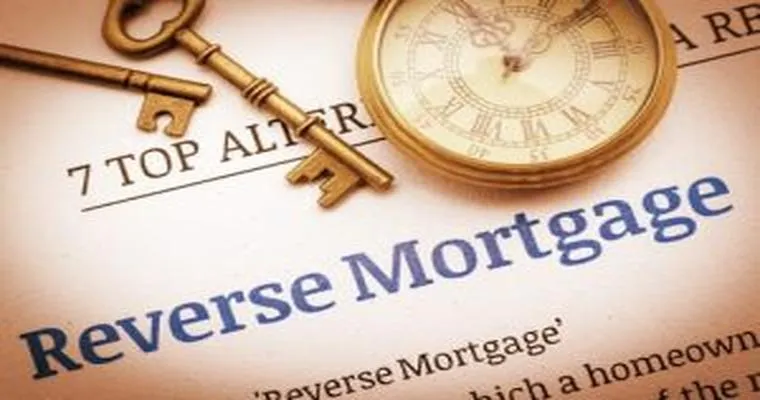Managing a senior’s "investments" can be a complex and delicate task, particularly as caregivers navigate the emotional and financial aspects of their loved ones' lives. With the right "strategies", caregivers can ensure that seniors' financial assets are "protected", "optimized", and tailored to their unique needs. This article provides essential tips for caregivers to effectively manage a senior’s investments while fostering a sense of security and confidence.
First and foremost, it is crucial for caregivers to establish "open communication" with the senior regarding their financial situation. Understanding the senior's "investment goals", risk tolerance, and preferences will lay the foundation for sound financial management. This dialogue can help caregivers align their strategies with the senior’s wishes, creating a collaborative approach to investment management.
Next, caregivers should educate themselves about the "different types of investments" available. Familiarizing oneself with stocks, bonds, mutual funds, and real estate can empower caregivers to make informed decisions. It is also essential to stay updated on market trends, as these can significantly impact the performance of investments. Regularly reviewing and adjusting the investment portfolio to reflect changing market conditions can enhance financial outcomes.
Another vital aspect of managing a senior’s investments is to seek professional guidance when needed. Engaging with a "financial advisor" or investment manager who specializes in senior finances can provide valuable insights and recommendations tailored to individual circumstances. These professionals can help navigate complex financial landscapes and ensure that the investment strategy remains aligned with the senior’s long-term goals.
Additionally, caregivers should prioritize "document organization". Keeping meticulous records of all investments, transactions, and relevant financial documents can streamline the management process. This organization is particularly important in case of audits or if the senior’s situation changes, requiring a reevaluation of their financial strategy.
Monitoring the performance of investments is another critical responsibility. Caregivers should regularly review account statements and financial reports to assess how well the investments are performing against the set goals. This ongoing evaluation can help identify any necessary adjustments to the investment strategy, ensuring that it remains effective over time.
Lastly, caregivers must be mindful of the "tax implications" associated with managing a senior's investments. Understanding how different investment income is taxed can help in making informed decisions that minimize tax liabilities. Consulting with a tax professional can provide additional clarity and support in optimizing tax strategies.
In conclusion, managing a senior’s investments requires a blend of "communication", education, professional guidance, organization, performance monitoring, and tax awareness. By following these tips, caregivers can navigate the complexities of investment management, ultimately ensuring that their loved ones' financial interests are well-protected and thriving. This proactive approach not only contributes to the senior's financial health but also fosters peace of mind for both the caregiver and the senior.





